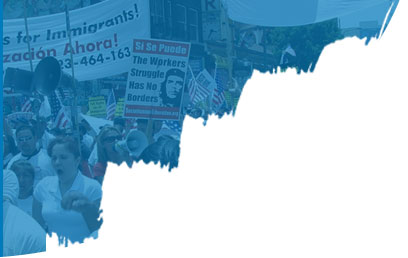
Trafficking Survivors Play Crucial Role in Groundbreaking Study
A recently released study from the Community Against Sexual Harm (CASH) found that approximately 13,000 people were trafficked in Sacramento, California between 2015 and 2020. The Sacramento State Institute for Social Research and the Research Triangle Institute (RTI) compiled the data, with funding provided by the California Justice Department.
The study, which focused exclusively on the prevalence of sex trafficking within the city limits, was the first of its kind in a few important respects – most notably, its inclusion of adult victims as subjects and trafficking survivors as interviewers, lending their additional knowledge and empathy with regard to victims’ experiences. Additional data was collected from organizations that work with persons currently being trafficked or are trying to navigate life after escaping.
It was also a long time in coming. While trafficking increased, and garnered additional media attention, during the pandemic and resulting economic downturn, the numbers of victims had been on the rise for several years. Sacramento has been recognized as a trafficking hub since at least 2013, when it was named the second-worst city in the U.S. by the Human Rights Society. Experts have cited as reasons its large homeless population and its proximity to Reno, Oakland, and San Francisco, all of which are known for prostitution. While researchers acknowledged that there are many ways in which commercial sex workers are abused, shamed, and marginalized, they were clear that the sole focus of the CASH study was sex trafficking, which is defined by law as involving “force, fraud, coercion, threat and/or deception for the purposes of engaging them in commercial sex work.”
Perhaps most shocking is the statistic that 75% of Americans are unaware of the severity of the problem – or, more accurately – they think it is something that happens in other parts of the world. In fact, other reports list the US as one of the worst in the world with regard to trafficking, alongside Mexico and the Philippines. Moreover, California remains the worst state in the nation, with Los Angeles, San Diego, and San Francisco reporting the highest number of cases, including those involving the forced labor of adults and children.
Despite the pervasiveness of this problem, there is cause for hope, thanks to the work of people like Julie Debbs. As a college student desperate to earn money, Debbs was drawn into the sex trade and spent the next thirty years as a prostitute – and struggling with heroin addiction. With the guidance of another former sex worker she left the life and eventually went back to school, earning her bachelor’s degree in social work from the University of California, along with an associate’s degree in Chemical Dependency Studies. Debbs is currently the Director of Operations at Sex Workers Outreach Project (SWOP) Sacramento and living proof that is never too late for survivors to build productive lives in other ways – and help others.
